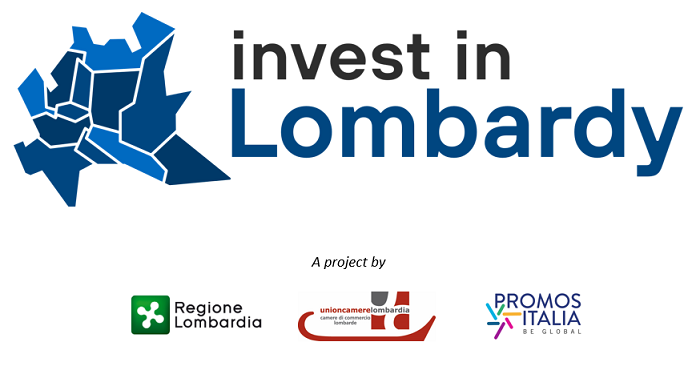Introduction
Decree Law no. 91 of 24th June 2014, converted into Law no. 163 of 11th August 2014, introduced several major changes to Italian company law, including the possibility for unlisted joint-stock companies to issue shares with multiple voting rights and for listed companies to have shares with increased voting rights.
The rationale for the introduction of increased voting rights for listed companies differs from that at the basis of the multiple-vote shares for unlisted companies. As specified in the explanatory Report, while shares with multiple voting rights are designed to expand the range of instruments at the disposal of the company to raise fresh resources from the market, increased voting rights in listed companies are construed as “loyalty bonuses” for long-term shareholders.
Unlike in other European countries (inter alia, France, the Netherlands and Sweden) where it is common practice to use classes of shares with differentiated voting rights and to adopt mechanisms increasing the shareholders’ voting rights, in Italy, as a result of the reform of corporate law, the issue of shares with multiple voting rights was prohibited by article 2351 of the Civil Code.
As highlighted in the Report to Decree Law no. 91/2014, however, economic theory and operating guidance have pointed out that the “one-share, one-vote” principle drives companies to enter into shareholders’ agreements or other less transparent control enhancing instruments (such as, for instance, pyramidal groups). At the same time, greater flexibility in the capital structure by derogating from this principle could make it possible to increase the public float at the time of the Initial Public Offering and, consequently, the liquidity of the shares of listed companies without determining a stock dilution at the general meeting for the major shareholders.
Shares with increased voting rights in listed companies
The prohibition was partly eased by article 20(1)(aa), of Decree Law no. 91/2014 introducing article 127-quinquies in legislative decree no. 58/1998, the Italian consolidated law on financial intermediation (Testo Unico della Finanza – TUF), pursuant to which the articles of associations of joint-stock companies with listed shares may provide that shares which have been owned by the same shareholder for an uninterrupted period of not less than 24 months starting from the date of registration with a specific list, entitle their owner to increased voting rights (up to a maximum of two votes per share). At the same time, they may provide that eligible shareholders may irrevocably fully or partly waive such increased voting rights.
The procedures to ascribe increased voting rights and ensure that the required conditions are met, must be laid down in the Articles of association, which must also expressly provide that the mentioned list should be set up.
The Italian securities exchange commission (CONSOB) – appointed to establish the relevant implementation rules – issued Resolution no. 19084 dated 9th December 2014.
Shares with multiple voting rights
An amendment introduced at the time of converting Decree law 91/2014 into law, replacing article 2351(4) of the civil code, provides that – without prejudice to the terms of special laws, including the provisions on the granting of increased voting rights to long-term shareholders of listed joint-stock companies – the articles of association of unlisted joint-stock companies may not provide for the creation of shares with multiple voting rights.
Multiple-vote shares may entitle their holder to up to three votes each. Multiple (two or three) votes per unlisted share must not necessarily be available for each general meeting or for all subject matters; in fact, the provision specifies that:
- it can apply to particular items;
- it may be subject to the satisfaction of specific non-potestative conditions.
Coordination rules
The Legislator introduced specific coordination rules in the event that unlisted companies which issued shares with multiple voting rights should be admitted to trading in a regulated market.
Specifically, in order to coordinate the new rules on shares with multiple-vote rights in unlisted companies with those concerning increased voting rights in listed joint-stock companies, at the time of converting decree law 91/2014 the new article 127-sexies was introduced in the Italian consolidated law on financial intermediation. The provision specifies that, by way of derogation from article 2351(4) of the Italian civil code, the articles of association of listed joint-stock companies may not provide for the issue of shares with multiple voting rights (these companies being solely authorized to issue shares with increased voting rights); however, the characteristics and rights of multiple-vote shares issued before the company was admitted to trading in a regulated market will remain unchanged.
Furthermore, in order to leave unaltered the proportion between shares in different classes, it was established that unless otherwise provided by the articles of association, companies which issued shares carrying multiple voting rights, or companies deriving from the merger or demerger of any such companies, may issue – after listing – multiple-vote shares with the same characteristics and rights as existing shares solely in the following cases:
- share capital increase using available reserves or as a result of fresh injections of funds without exclusion or limitation of the pre-emptive right;
- merger or demerger.
Finally, should the company not take advantage of the possibility to issue new multiple-vote shares in order to leave unaltered the proportion between different classes of shares, there will be no need for resolutions to be approved by the shareholders who own multiple-vote shares (cf. new article 127-sexies(4) of the Italian Consolidated Law on Financial Intermediation).
Pirola Pennuto Zei & Associati


